- Traverse City, MI |
-
West: W Front St:
(231) 944-6541
-
| Central: Munson Ave :
(231) 421-9300
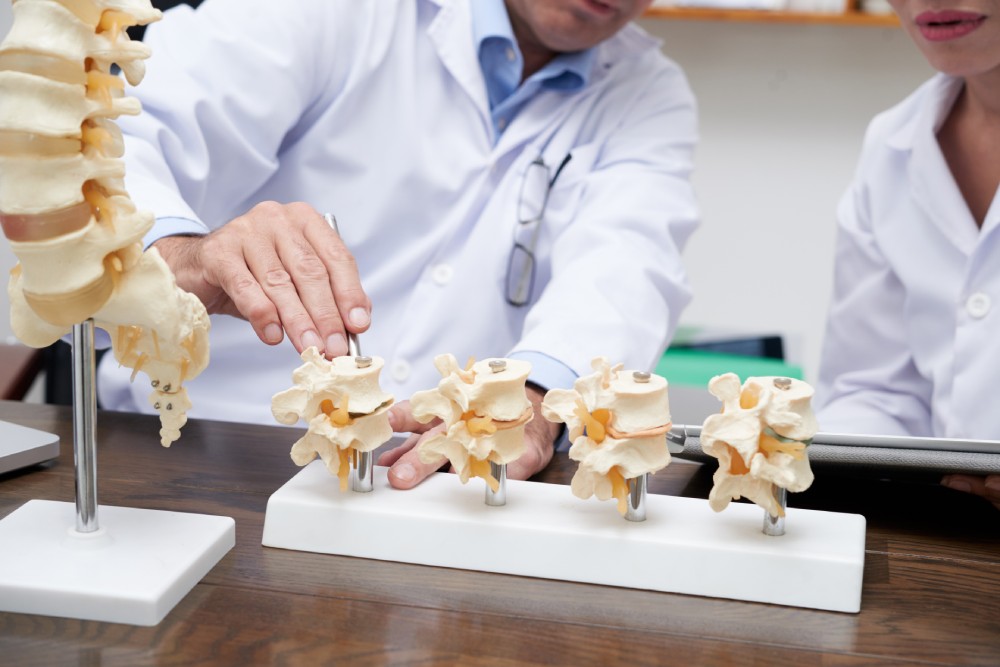
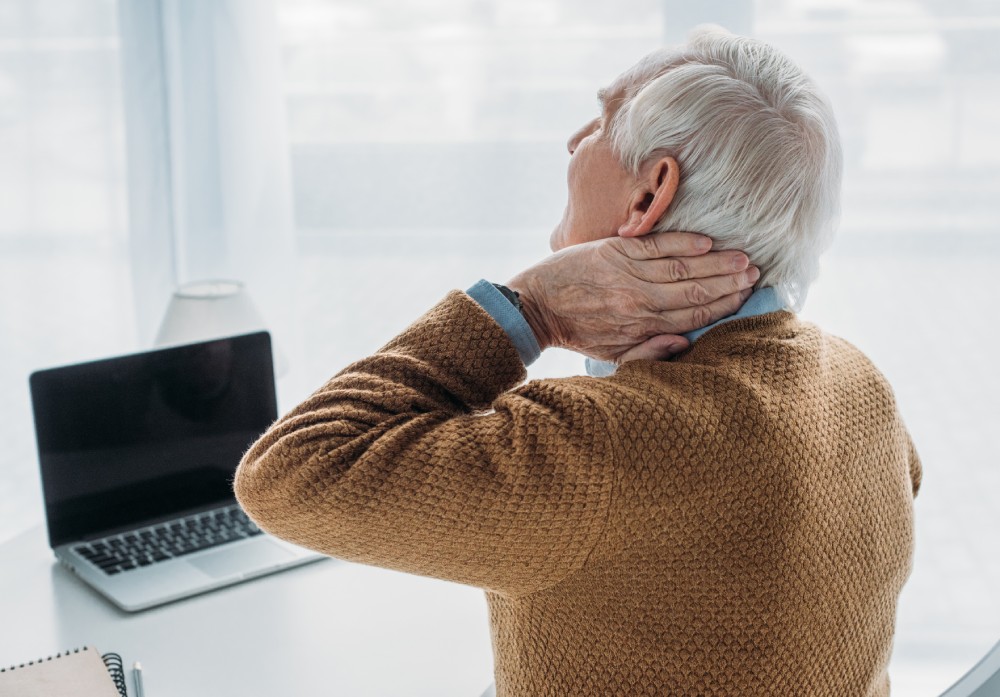
The spinal anatomy is made up of various bones, muscles, ligaments, tendons, and highly sensitive nerves.
It enables mobility, provides structural support and balance, and protects the spinal cord, sensitive nerve roots, and various internal organs.
Damage to and deterioration of the spinal cord can lead to severe back pain, weakness or complete loss of muscle function, and bowel or bladder incontinence. Spine anatomy therapy is necessary to alleviate these symptoms and prevent their progression.
The spinal cord is divided into four general areas:
Cervical (neck)
Lumbar (upper back region)
Sacral (pelvis)
Thoracic (lower back region)
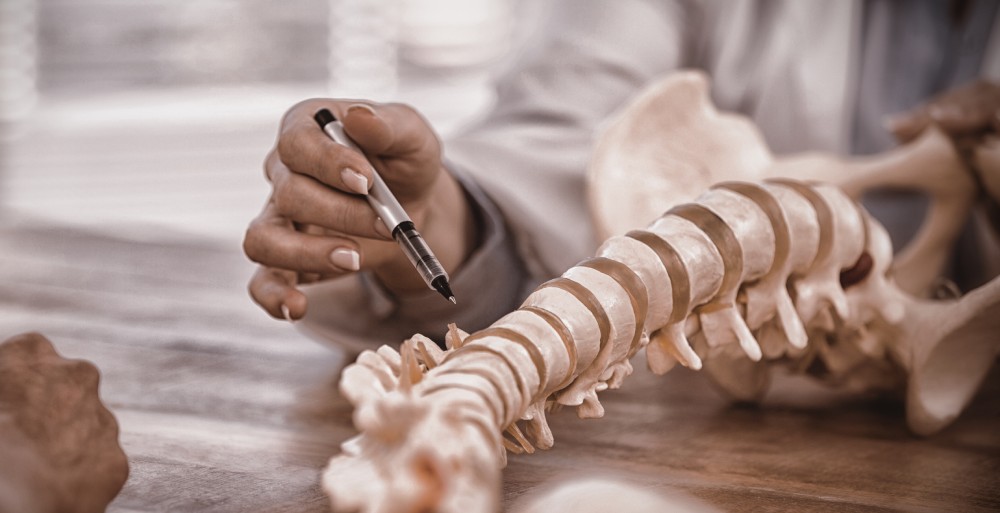
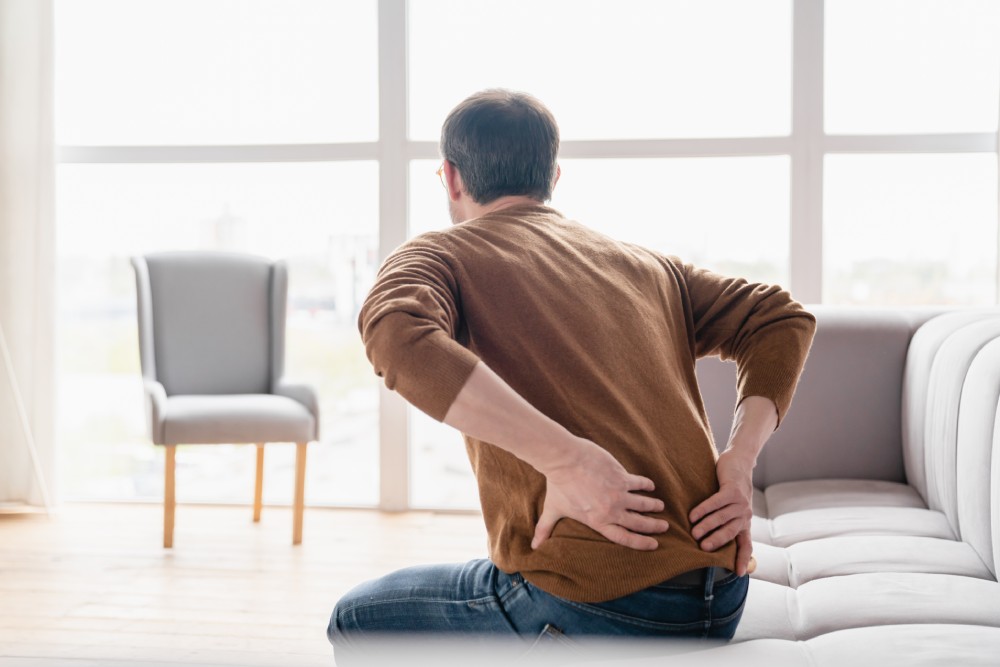
Any of these areas can be affected by spinal cord disorders:
Vertebral fractures
Tumors
Spinal stenosis
Herniated discs
Hematoma
Degenerative disc disease
Abscess
Don’t let back pain hold you back from living your best life! Get relief today and learn why thousands of Americans are opting out of drugs and surgery.
Avoid the 55%+ failure rate and get lasting relief today!
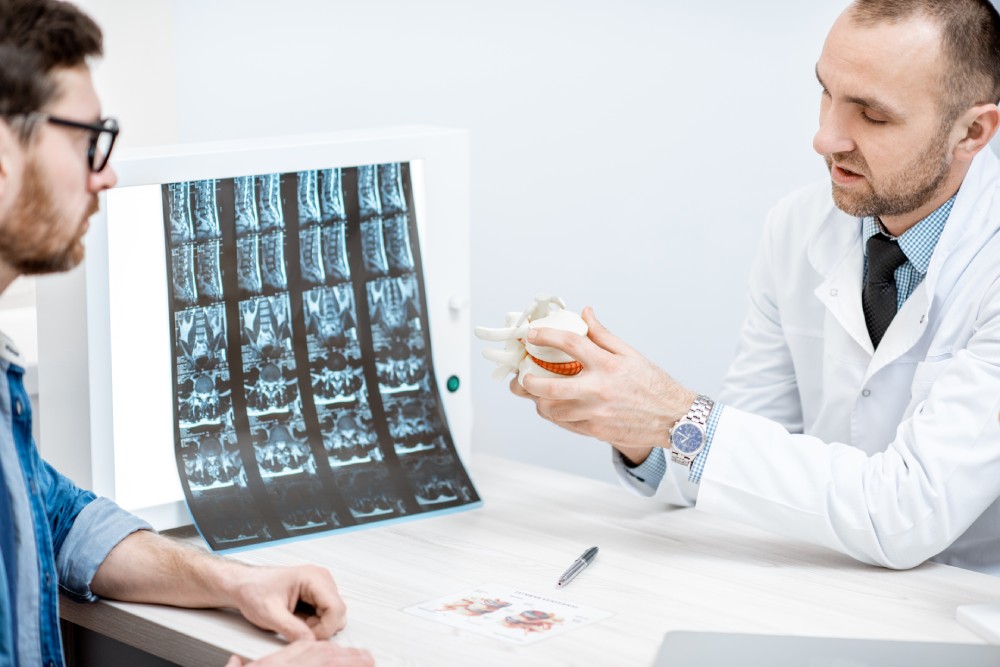
Patients with spinal problems may experience one or more of the following symptoms:
Changes in reflexes
Intense back pain
Loss of bladder or bowel control
Loss of sensation
Uncontrolled muscle spasms
Weakness or paralysis of limbs
Damage, compression, and/or inflammation in the spinal cord can be caused by the following:
Vitamin deficiency
Tumors
Syphilis
Spinal degeneration
Multiple sclerosis
Herniated disks
Hematoma
Fluid-filled cavities
Bone fracture
Blockage of blood supply
Autoimmune diseases
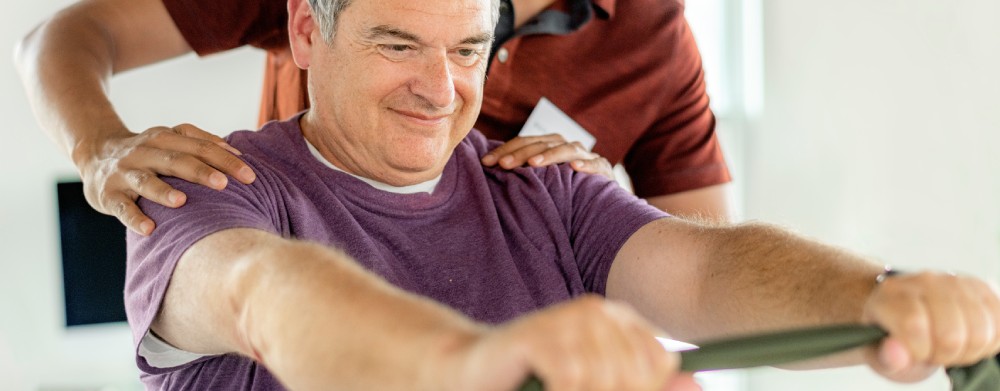
A physical exam and a review of the patient’s medical history is necessary to diagnose a spinal cord disorder. Other diagnostic tests including X-rays, MRI, CT scans, myelography, and electromyogram may also help verify suspected abnormalities and determine their exact location.
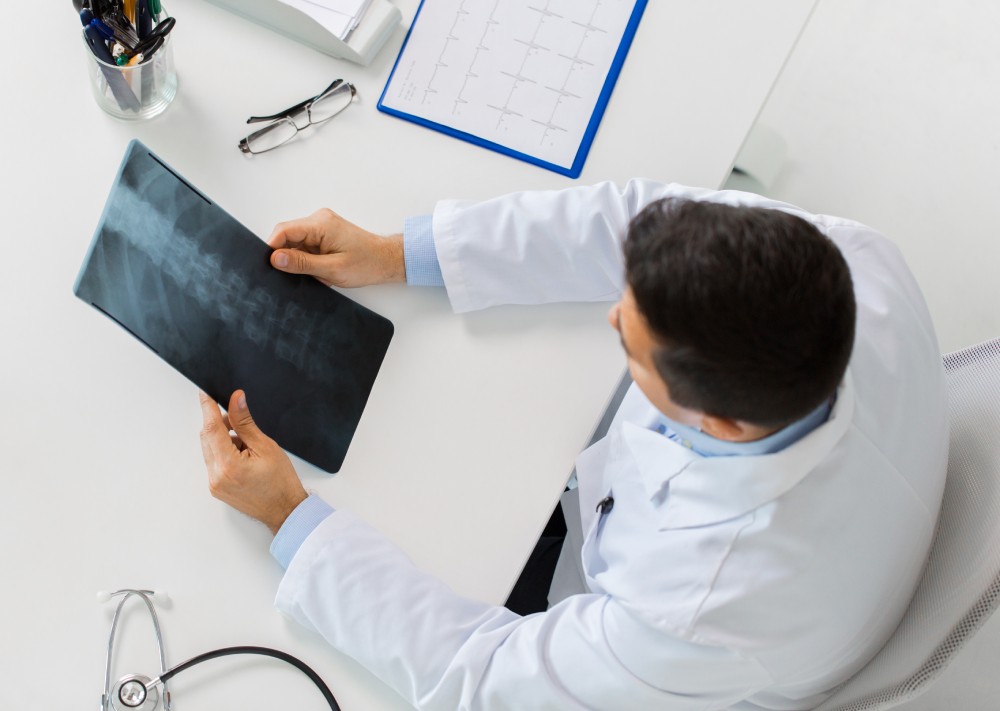
Medications – Doctors may prescribe corticosteroids to relieve pain in the early stages of spinal cord disorders. NSAIDs, antidepressants, antibiotics, and anticonvulsants also help reduce inflammation and offer relief from secondary complications.
Surgery – Surgical procedures help remove herniated disks, fragments of bones, or fractured vertebrae that may be hurting the spine.
The problem with traditional treatments is that they reportedly work only 45% of the time. And as with any medication and surgical procedures, there is always the risk of complications.
Cleveland has some great information the Spine's structure and function. Read it by Clicking Here.
We have online courses and a number of books (including on topics like Relieving Back Pain) available for Free by Clicking Here.
At Superior Physical Therapy, we take a safer and more effective approach to treatment. Our procedures focus on the root cause of pain to prevent future complications and deformity.
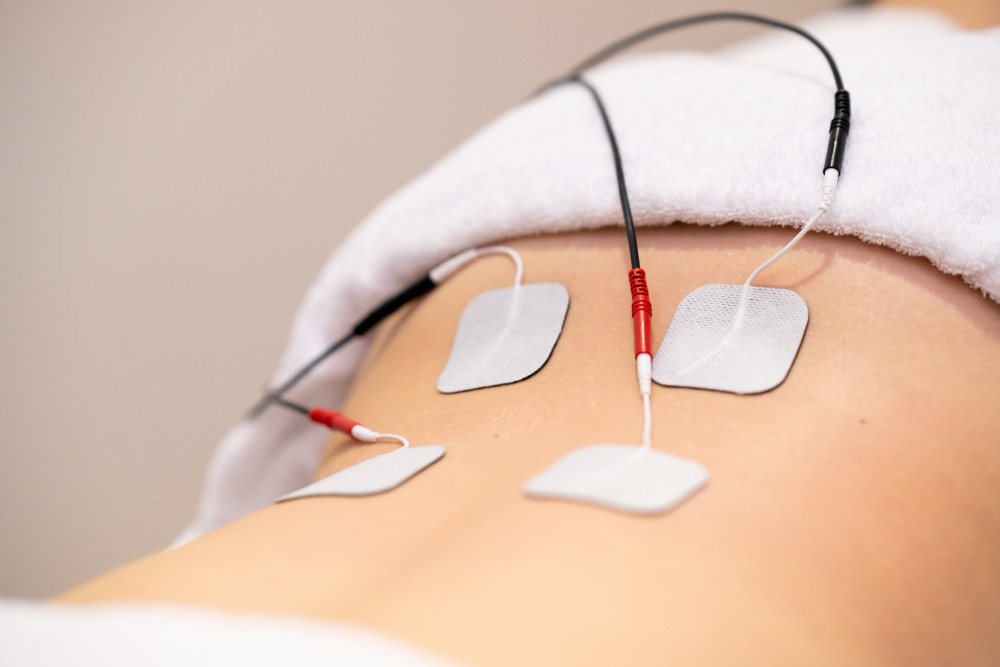
The most important element of healing is identifying the cause. The cause is a movement disorder somewhere else in the body that is creating more stress in the injured area than the tissue can handle. A full body movement assessment is the most important aspect in finding the true cause. This involves assessing how mobile and stable the areas above and below the injured tissues are. Once the dysfunctional areas are identified the physical therapist can then prescribe home treatments to fix the problem areas.
In order to improve motion in the dysfunctional areas that are causing the increased stress on the painful injured tissues the most effect way to make a change in the body is to have a physical therapist use their hands to facilitate the proper motion while you are moving at the same time. This helps improve the path the body takes in order to reduce stress and tenson on the injured area.
The Superior Method aims to educate patients on how the body moves to safely ease pain and restore function.
With our smartphone app called Movement RX, we empower patients with the knowledge and tools needed to attain long-term physical freedom. All of the instructions provided by your physician will also be video-recorded and sent directly to your email or mobile device.
This principles-based method is designed to improve how the mind, body, and spirit work together to facilitate complete healing. All Superior Physical Therapy providers are Fellows of Applied Functional Science through the Gray Institute. This organization is led by the reputable physical therapist, Dr. Gary Gray.
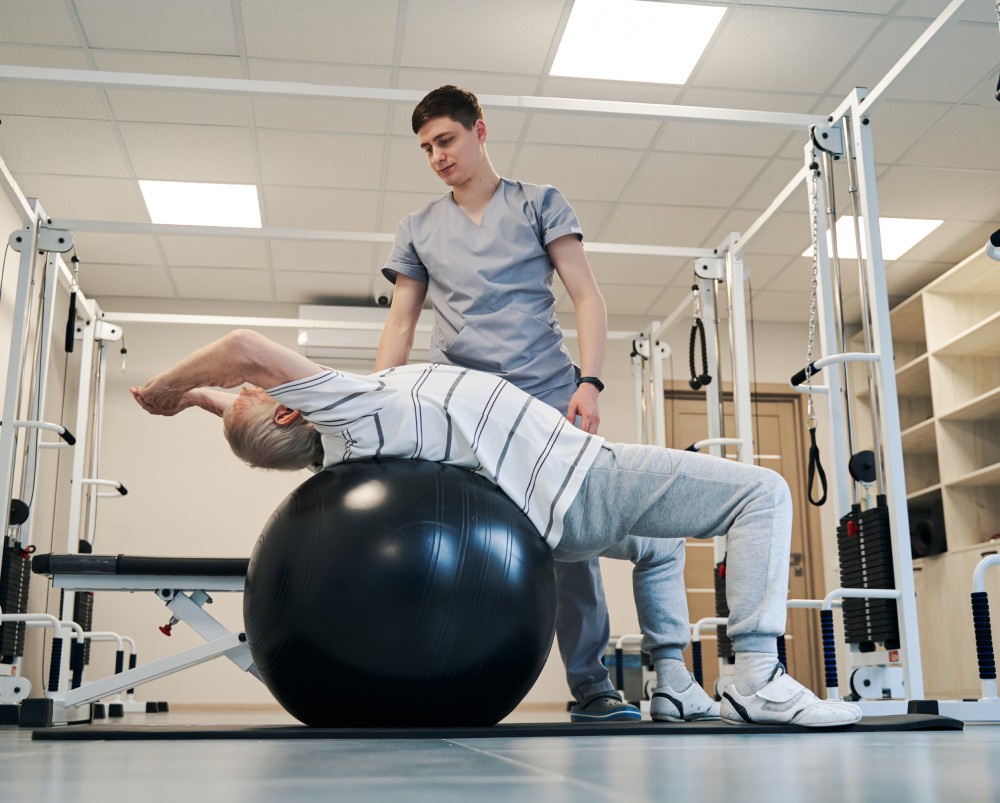
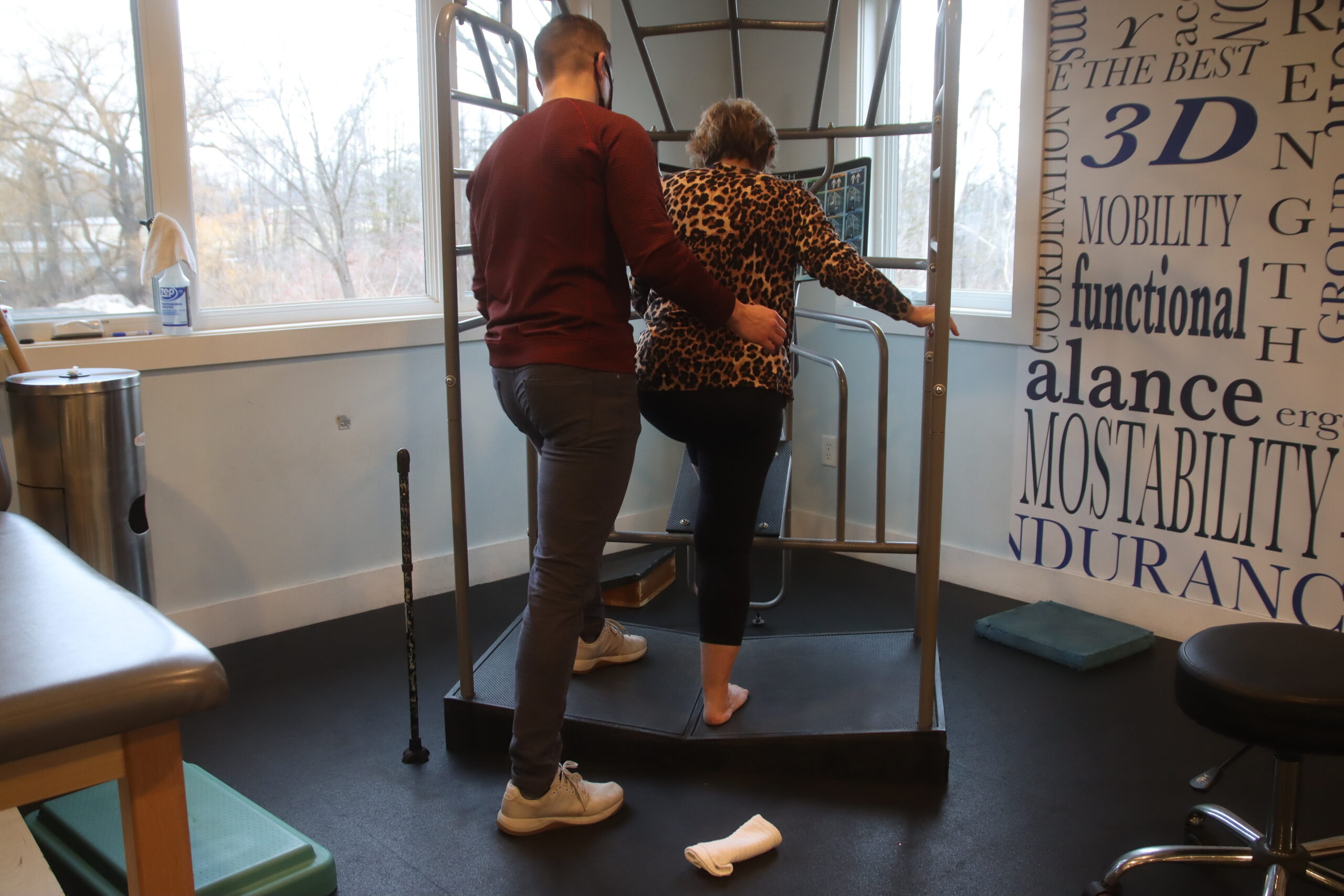
Mechanical vibrations that penetrate deep into the muscle tissue enable tissue regeneration and improve the lactic cycle, which is one of the most common causes of pain. The procedure also helps boost circulation and lymphatic flow to alleviate pain.
A fast, safe, and virtually pain-free method to reduce pain and address musculoskeletal presentations. In dry needling, trigger points or local contractures are stimulated by monofilament needles.
The McKenzie Method® of Mechanical Diagnosis and Therapy® (MDT) is a distinguished and internationally researched method of diagnosis and treatment for spinal and extremity musculoskeletal conditions. Created by New Zealand Physiotherapist Robin McKenzie, this system has been used globally for over 60 years.
MDT-certified clinicians assess and treat all types of musculoskeletal disorders including complications in the spine, muscles, tendons, and extremity joints.
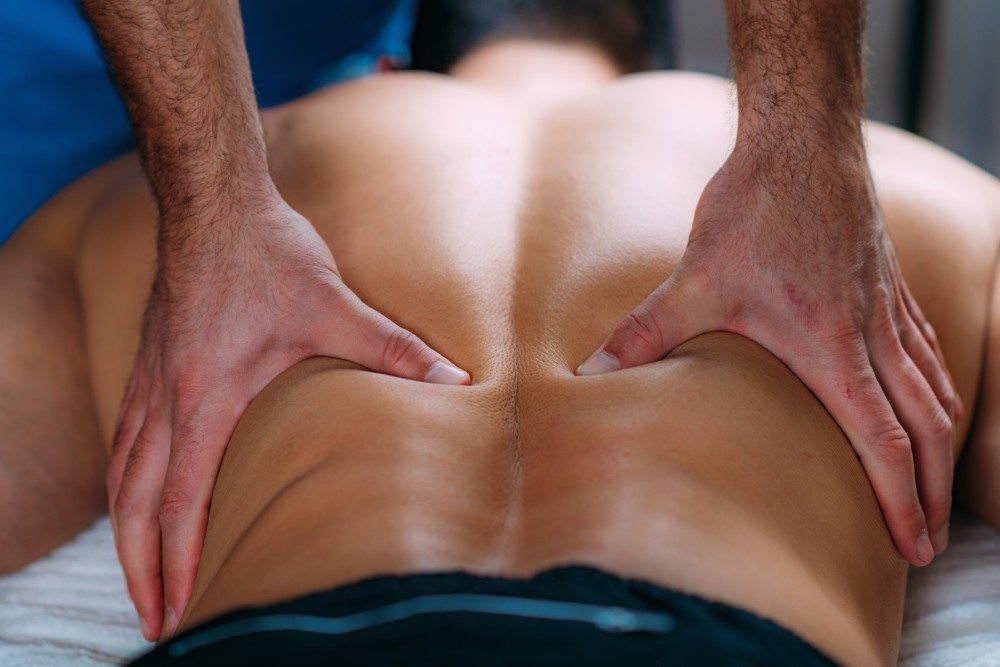
No matter the spinal disorder you have, trust us to help you achieve lasting relief.
To learn how you can get lasting relief from pain, book your complementary path forward call with specialist, Dr. Andrew Gorecki. On this call you will be asked some basic questions as well as provided more information about how to treat your pain. Don’t delay, pick up the phone and call 231.944.6541 or request a consultation today before spots fill up.
